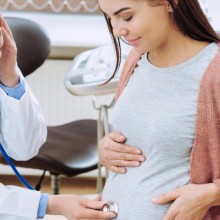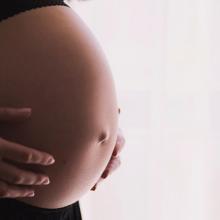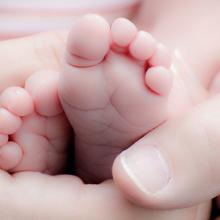Fetal alcohol spectrum disorders
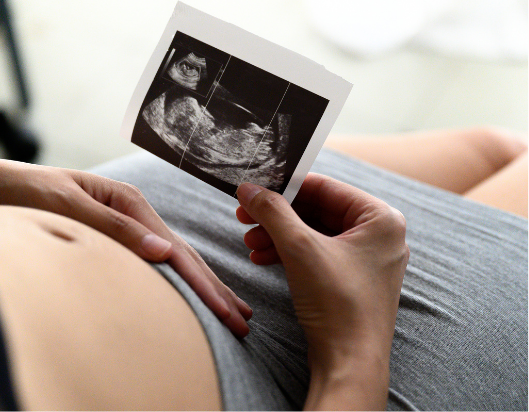
Fetal alcohol spectrum disorder (FASD) is a term for impaired brain development that can occur when a baby is exposed to alcohol during pregnancy.
When a pregnant woman drinks, alcohol can pass through the placenta into the bloodstream of babies in the womb. This can affect their brain development, causing lifelong consequences.
Heavy drinking puts unborn babies at most risk, but even small amounts can cause problems. Complications include learning and thinking difficulties and behavioural issues such as problems with memory, attention, reasoning, and impulsivity. These can put young people with FASD at higher risk of having problems at school and with the justice system. Physical impairments can include small eyes and thin lips. There is a wide range in severity and type of problems, which means they can go unrecognised as FASD.
Early diagnosis provides the best chance to understand why behaviours occur and plan support.

Who does it affect?
Who does it affect?
- FASD is sometimes called a hidden problem but is thought to occur in approximately three to five per cent of the general Australian population.
- Prevalence is much higher in specific populations including young people in youth justice centres (34 per cent) and children in out-of-home care.
- Prevalence may be as high as nearly one in eight in some high-risk Aboriginal and Torres Strait Islander communities.
- It has been estimated that more than one-quarter of Australian women (27 per cent) continue to drink alcohol at some level throughout their pregnancy.
Our fetal alcohol syndrome disorder research
Our fetal alcohol syndrome disorder research
We are conducting a major study to find the possible effects of alcohol consumption in pregnancy by comparing a large group of mums who had low or moderate alcohol consumption while pregnant with a group who did not drink alcohol, and their babies.
Altogether, 1,570 mums completed questionnaires while pregnant, including questions on alcohol intake.
After the babies were born, we followed up the mums and babies with questionnaires and clinical assessments of the children. We’re still following the children now they are aged six to seven with comprehensive assessments of their abilities and difficulties, 3D facial imaging and brain scans.
Impacts of our research
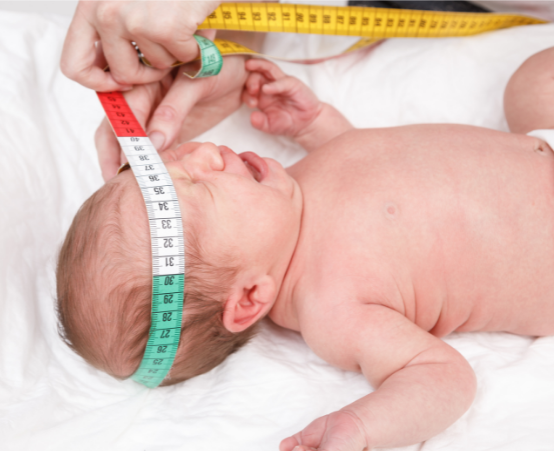
Impacts of our research
- shown that children exposed to alcohol in pregnancy have small changes to the nose, lips and eyes, not visible to the naked eye, but seen on 3D facial analysis;
- contributed to a Senate Community Affairs References Committee inquiry into optimising life outcomes for children with FASD;
- informed a federal inquiry on FASD, advocating for a national awareness campaign and reframing harm prevention messages to better prevent and diagnose FASD;
- helped establish the Victorian FASD Special Interest Group comprising experts, parents and carers, and run public education and awareness events.
Our vision
Our vision
We are working to help children reach their best potential by reducing their chance of being exposed to alcohol before birth.
We are doing this by generating research evidence on the effects of alcohol use in pregnancy, advocating to government and supporting women to avoid alcohol when pregnant.
Where to next?
Where to next?
We want to study how alcohol may influence genes in early pregnancy (epigenetic effects) and understand why some babies are affected more than others.

